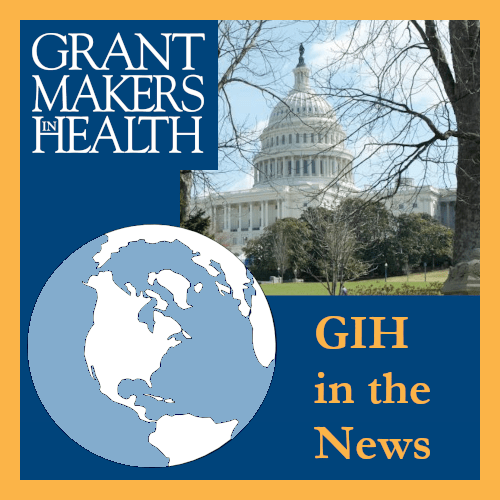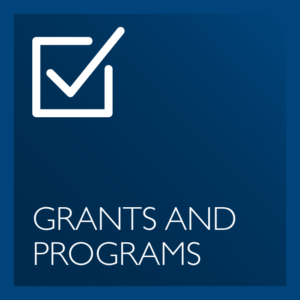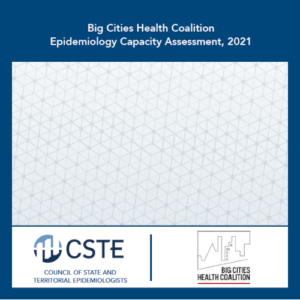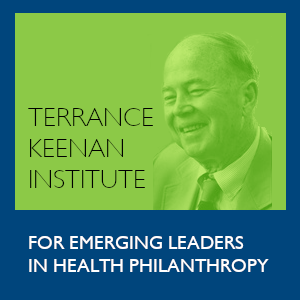Grantmakers In Health Welcomes New Members to Board of Directors
Grantmakers In Health (GIH) is pleased to announce the elections of David Jordan, President and CEO, United Methodist Health Ministry Fund; and Regan Gruber Moffitt, Vice President of Community Investments, St. David’s Foundation; to its Board of Directors.
Deadlines in Health-Related Executive Orders and Presidential Memoranda
This GIH policy resource details many of the health-related executive orders issued by the administration and includes a calendar of upcoming implementation deadlines.
GIH President and CEO Cara V. James Joined The Rural Impact Podcast for a Conversation about the Intersections of Policy and Philanthropy
On December 4, 2025, Cara V. James, President and CEO of Grantmakers In Health (GIH), was featured in an episode of The Rural Impact podcast. She joined Michelle Rathman, host of The Rural Impact and strategic communications advisor in health care policy, for a conversation on the intersections of policy and philanthropy, challenges with rural health funding, and more. “Policies that are impacting rural communities are…
GIH Health Policy Update Newsletter
An Exclusive Resource for Funding Partners
The Health Policy Update is a newsletter produced in collaboration with Leavitt Partnersi and Trust for America’s Health. Drawing on GIH’s policy priorities outlined in our policy agenda and our strategic objective of increasing our policy and advocacy presence, the Health Policy Update provides GIH Funding Partners with a range of federal health policy news.
Blue Cross Blue Shield of Massachusetts Foundation: March 2022
A limited number of non-renewable one-year grants of up to $50,000 will support nonprofits seeking to positively impact health or health care access for Massachusetts residents who have been economically, socially, ethnically, or racially marginalized.
Archstone Foundation: March 2022
Archstone Foundation’s new report, “Starting, Supporting, Sustaining: An Archstone Foundation Legacy Report on Palliative Care 1989-2021,” documents more than 30 years of grantmaking and efforts to build the field of palliative care.
Philanthropy @ Work – Grants and Programs – March 2022
The latest on grants and programs from the field.
New Report by Big Cities Health Coalition and the Council of State and Territorial Epidemiologists
The report highlights why epidemiologists are not only vital to fighting pandemics, but also in addressing chronic diseases, gun violence and other public health threats. Epidemiologists are essential to helping health officials make decisions, allocate resources, and advance health equity.
Deadline Extended to Nominate a Rising Star for the Terrance Keenan Institute for Emerging Leaders in Health Philanthropy
Nominations are now open for the 2022 Terrance Keenan Institute for Emerging Leaders in Health Philanthropy. Nominate a Rising Star!








